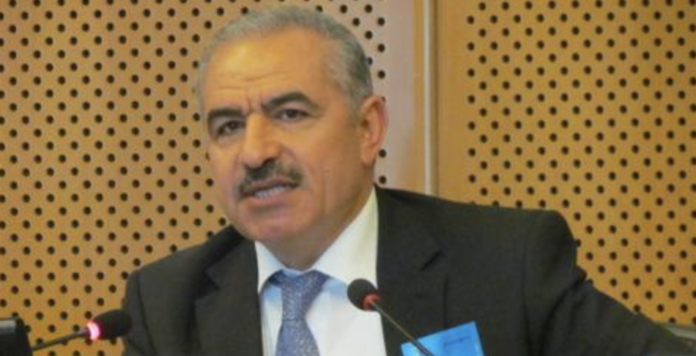Earlier today, Palestinian Prime Minister Mohammad Shtayyeh took the decisive step of announcing his resignation, a move that echoed across the political sphere of the Palestinian territories. His departure marks a pivotal moment for the Palestinian Authority, signaling a period of transition and introspection for the governing body amid ongoing challenges and disputes in the region.
During his time in office, Shtayyeh was known for his active involvement in efforts to foster dialogue and seek reconciliation among Palestinian factions. A noteworthy effort in this regard was the initiation of talks in Moscow, facilitated by Russia, aimed at bridging divides within Palestinian politics, particularly between his administration and Hamas. This initiative underscored the administration’s openness to dialogue and unity, despite deep-seated divisions.
Shtayyeh’s tenure was also characterized by vocal criticism of Israeli policies and actions in the Palestinian territories. He consistently highlighted the adverse impacts of the Israeli occupation, particularly the humanitarian crisis in Gaza. His expressions of concern over the destruction and loss of life underscored the dire situation faced by Palestinians and called for an urgent international response.
In response to criticisms of the Palestinian Authority’s governance, Shtayyeh’s administration announced a series of reforms aimed at improving efficiency and tackling issues of corruption. These reforms, which followed a visit from US Secretary of State Antony Blinken, touched on several key areas, including the judicial system, security services, and administrative and financial structures. The goal was to enhance the delivery of services to Palestinian citizens and strengthen the overall governance framework.
Shtayyeh was a strong advocate for a peaceful resolution to the Israeli-Palestinian conflict, emphasizing the necessity of a political solution that would lead to the establishment of a Palestinian state alongside Israel. He called for international intervention to achieve peace and critiqued the lack of effective action from influential countries, particularly the United States, to pressure Israel into fulfilling its peace obligations.
The resignation of Mohammad Shtayyeh comes at a crucial juncture for the Palestinian territories, as they navigate complex political, social, and economic landscapes. His departure underscores the need for leadership that can effectively address these challenges and steer the Palestinian Authority towards achieving its aspirations for peace and statehood.
Image is licensed under the Creative Commons Attribution 2.0 Generic license and was created by Sinn Féin.









